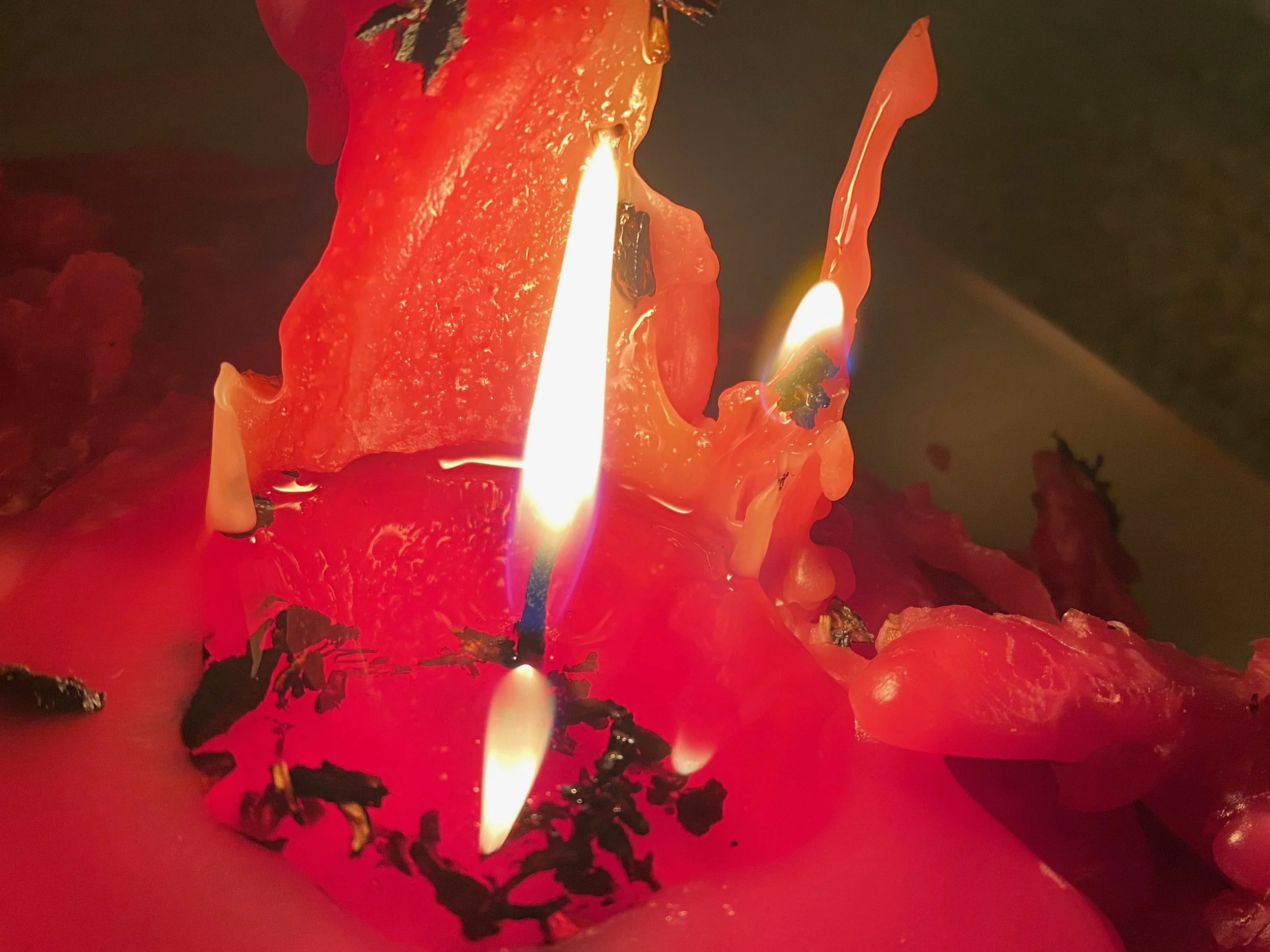Insomnia is TOUGH! I say that as someone who has gone through periods of it myself. The latest was when my dog was struggling with dementia, which was tough on both of us. For him, it looked like crying and barking for hours at night. For me, it was doing everything I could to try to help him relax and feel comfortable. Over time, there were fewer and fewer of the limited options offered by the vet that had any real effect and both of us got less and less sleep. Most nights provided a few hours here and there of sleep. All this stress had a significant impact on my sleep quality. After awhile, my system just couldn’t sleep or couldn’t go back to sleep.
Insomnia can be a common part of dealing with significant life stressors and other mental health concerns. It can be such a tough part of the experience, and it can leave you more vulnerable to intense emotional reactions. One of the most difficult aspects of insomnia are the fears and frustrations that it brings up. Like…”I’m going to feel awful tomorrow”…”how am I going to do what I have to do tomorrow”…”will I ever be able to sleep again”…”do I even know how to sleep anymore?”. This struggle with not being able to sleep can add to the distress and make it even harder to actually fall asleep.
I have found one thing particularly challenging in this process. I came across an example just a couple of days ago. I was reading a spiritual book recommended by a friend and the author went on and on about how bad it is for us to not sleep. You will get x health problem and be more at risk for y problem. In this instance, I believe the author was trying to really highlight the importance of engaging with natural darkness. Darkness or night is a natural part of our world and so much is disrupting our relationship with it. I can understand that, but on the other hand, this is more fuel for the insomnia fire!!!
I have seen this so many times when sleep is discussed. You need at least this much sleep, or all these BAD things will happen. You’re failing your health and life. In an attempt to understand, I try to think about where these writers and speakers are coming from. I mean they must not have personal experience with insomnia because then they’d know this just makes it all worse. Why tell those of us who are suffering with lack of sleep that on top of the pain we feel we are also killing or at least severely harming ourselves in the process? Don’t they know, most of us would do about anything to get some more sleep. We just want more sleep, but our bodies and brains and stress are fighting us every step of the way.
I took a course a few years ago on Cognitive Behavioral Therapy for Insomnia (CBT-I). It is a well-supported treatment for insomnia. One of the main takeaways I had from the training was the importance of how we think about our sleep. If we are so focused on having to get x amount of sleep to be okay or safe or healthy, that can actually cause you more distress and thus reduce your capacity to get to sleep. Part of the work in the treatment is to bring acceptance to the sleep you can access even if it’s a bit less than the recommended amount. So, in treatment, you might actually be working to let go of all these warnings being thrown around and trying to relax around your relationship to sleep.
It's tough when you never know when you’ll stumble on a warning that can cause the alarm bells to go off. When you’re stressed out and sleep deprived and even more stressed out because you’re sleep deprived, these “health tips” can be pretty activating. Remember, sometimes we’re doing the best we can in challenging circumstances. Bringing compassion to your experience can make a big difference.
For more information about CBT-I, here are a few links.
https://www.sleepfoundation.org/insomnia/treatment/cognitive-behavioral-therapy-insomnia
https://www.ptsd.va.gov/appvid/mobile/cbticoach_app_public.asp
https://www.mayoclinic.org/diseases-conditions/insomnia/in-depth/insomnia-treatment/art-20046677

